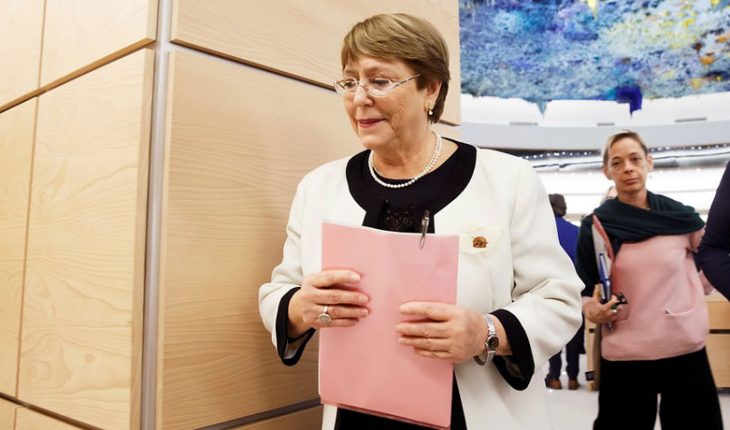UN High Commissioner for Human Rights Michelle Bachelet has warned of the side effects of the Covid-19 pandemic in Latin America and the Caribbean, not ruling out “a new wave of social mobilizations,” so she has urged governments to take preventive measures that address the needs of the population.” Across the Americas, the impact of Covid-19 has been exacerbated by weak social security systems, prolonged structural inequalities and discrimination, uns diversified economies and a large number of informal workers,” Bachelet said of the UN Human Rights Council. In this regard, it has warned of indicators that anticipate “a major socio-economic and humanitarian crisis” in the region, with poverty rates that could exceed 37%. The Economic Commission for Latin America and the Caribbean (CELAC) fears a “decade of loss” following the most pronounced contraction in history in the region. Bachelet has noted that in recent years countries such as Bolivia, Chile, Colombia, Ecuador, Guatemala, Haiti, Honduras, Mexico and Peru have seen “increasing movements of social protests” and, “although each situation is different”, understands that they all share common messages in favor of expanding rights and against discrimination or corruption.” In several countries, protesters have taken over the police”, Bachelet recalled, without alluding to any particular case. For the High Commissioner, the crisis arising from the pandemic can “deepen social discontent” and, as a result, generate a new wave of demonstrations, and has therefore urged individual countries to move forward and “take steps to prevent further deterioration of the situation”. Measures put forward include “guarantees of effective participation in the socio-economic response to the pandemic”, protection of freedoms of association and assembly and strict adherence to international law in the possible police response to demonstrations. Bachelet has also used his speech to criticize the tightening of border controls and the use of security forces to “stop migrants” in the region, to the extent that they “increase risks to people on the move.” The militarization of border management in Ecuador, Peru and Chile is of particular concern in the context of Venezuela’s continued and unprecedented movement, he noted, recalling the exodus of more than five million people from Venezuela.He has also warned of the “worrying information” that these migrants and refugees would be being expelled from some countries without even valuing “their vulnerability or protection needs”.
translated from Spanish: Bachelet fears “new wave of social mobilizations” in Latin America
February 27, 2021 |





